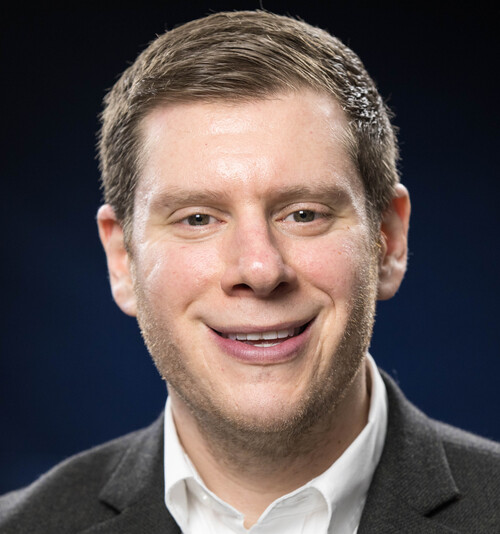Justin Stern

In the Philippines’ Quezon City, located in greater Manila, Applebee’s has two happy hours: one at the usual time and another at 6:00 a.m. The daybreak crowd is almost entirely made up of call center customer service representatives, coming off night shifts. “Practically everyone in the United States has spent time on the phone with a call center agent who is located in India or the Philippines, yet very few people have thought about the time difference,” says Justin Stern, a PhD candidate in architecture, landscape architecture, and urban planning. “Isn’t it remarkable that you’re talking to someone on the other side of the world, where the local time is 2:00 a.m., and yet he or she is synchronized with the United States and is saying ‘good afternoon, sir?’”
Stern stumbled upon this phenomenon while having dinner in Eastwood City, a call center hub in Manila, the capital of the Philippines. “We left the restaurant at 1:00 a.m., and the streets were filled with people wearing lanyards,” he says. Stern looked up and saw the IBM Plaza. He turned around to see Citibank Square. “There are so many outsourcing businesses in this one integrated urban megaproject, that Eastwood City has become a commercial and residential enclave functioning predominantly on North American time zones.”
About 1.3 million people in the Philippines work in the outsourcing industry and the majority serves North America. “To facilitate this activity, urban environments like Eastwood City require a coordination of planning efforts—public, private, and informal—to operate.”
Through spatial analysis and interviews with call center agents, real estate developers, local politicians, and urban planners, Stern is investigating the effects of this phenomenon on both the city and its workers. Multiple studies suggest that artificial intelligence is going to make many of these jobs obsolete in the near future. “You’re developing all of this office space, you’re changing the hours of the city, people are changing their biological clocks—all this for an industry that in 5 to 10 years may begin to disappear,” he explains. “This raises a number of questions about the sustainability of the industry and the different environmental and social changes it is driving.”

